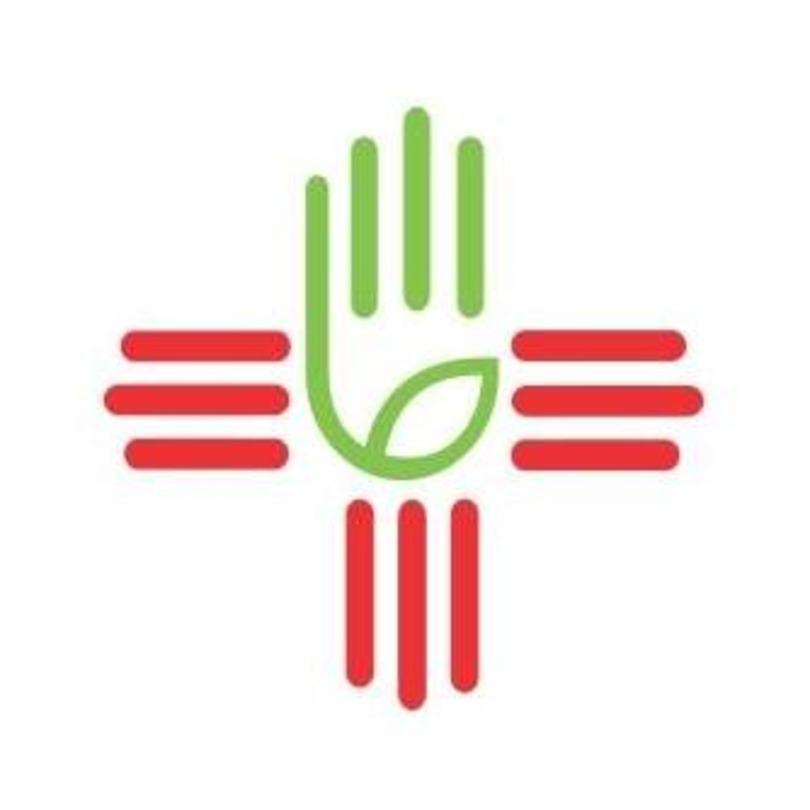Best Treatment Options for Kidney Stones: Expert Advice

Kidney stones can be extremely painful and disruptive to daily life, often appearing without warning. If you've ever experienced the sharp, cramping pain in your back or lower abdomen, you know how urgent the need for effective treatment can be. Choosing the best urology hospital in Jaipur becomes crucial when looking for advanced care and expert guidance. This article will walk you through the best treatment options for kidney stones and help you understand which might be right for you, based on your condition and stone type.
What Are Kidney Stones?
Kidney stones are hard mineral deposits that form in the kidneys due to excess calcium, oxalate, or uric acid in the urine. They vary in size, from as small as a grain of sand to as large as a golf ball. Common symptoms include:
-
Severe pain in the side or back
-
Blood in the urine
-
Nausea or vomiting
-
Frequent urge to urinate
-
Burning sensation during urination
If you are experiencing any of these symptoms, it’s important to consult a urologist quickly to avoid complications.
Diagnosis: The First Step Toward Effective Treatment
Before any treatment begins, an accurate diagnosis is essential. Diagnostic tools may include:
-
Ultrasound or CT scan: To locate the stone and determine its size and position.
-
Urine and blood tests: To identify possible causes and infections.
-
X-rays: Occasionally used to monitor stone growth.
These tests allow your urologist to recommend the most appropriate treatment strategy based on the size, location, and composition of the stone.
Best Treatment Options for Kidney Stones
1. Lifestyle Changes & Medications
For smaller stones (usually less than 5 mm), non-invasive methods may be enough:
-
Increased Fluid Intake: Drinking 2.5–3 liters of water per day can help flush out small stones.
-
Pain Relievers: Over-the-counter medications like ibuprofen or prescribed painkillers are used to manage symptoms.
-
Alpha Blockers: These medications relax the muscles in the ureter, helping stones pass more easily.
Your urologist may also prescribe medications that prevent stone formation, especially if you've had recurring kidney stones in the past.
2. Extracorporeal Shock Wave Lithotripsy (ESWL)
This non-surgical method uses high-energy shock waves to break stones into smaller fragments, which can then pass through the urinary tract naturally. ESWL is typically recommended for stones that are:
-
Less than 2 cm in diameter
-
Located in the kidney or upper ureter
While it’s painless and done as an outpatient procedure, some patients may need multiple sessions for complete removal.
3. Ureteroscopy
If a stone is stuck in the ureter or is too large to pass, ureteroscopy is often the preferred method. A thin, flexible scope is inserted through the urethra and bladder to reach the ureter. The stone is either removed directly or broken into smaller pieces using a laser.
-
No incisions required
-
Fast recovery
-
Usually performed under general anesthesia
This method is highly effective and widely used in the best urology hospital in Jaipur for precise stone removal.
4. Percutaneous Nephrolithotomy (PCNL)
For large or complex kidney stones (over 2 cm), PCNL is the gold standard. This minimally invasive surgical technique involves:
-
Making a small incision in the back
-
Using a nephroscope to access and remove or break the stone
Although it requires short hospitalization, PCNL is highly effective and offers a faster recovery than traditional open surgery.
Post-Treatment Care and Prevention
Once the stone has been removed, your doctor will likely advise you on preventive steps, including:
-
Hydration: Continue drinking plenty of water daily
-
Diet Changes: Limit salt, animal protein, and foods high in oxalates (like spinach and chocolate)
-
Regular Monitoring: Periodic imaging and urine tests to detect new stone formation early
You may also be referred to a dietitian or given a personalized diet plan based on your stone composition.
When to Seek Emergency Care
Immediate medical attention is required if you experience:
-
Severe, unmanageable pain
-
Fever and chills (signs of infection)
-
Inability to pass urine
Quick intervention can prevent kidney damage and reduce the risk of complications.
Conclusion
Kidney stones are not only painful but can also lead to serious health issues if not treated on time. Fortunately, a wide range of modern treatments—from medications to advanced surgical options—can effectively manage the condition. Getting treated at the best urology hospital in Jaipur ensures access to expert consultation, accurate diagnosis, and advanced care tailored to your needs.
Chirayu Hospital, Jaipur, known for its excellence in urology care, provides comprehensive treatment plans for kidney stones and other urological disorders. Their experienced team of urologists and state-of-the-art equipment make it a trusted choice for patients across Rajasthan.
- Art
- Causes
- Crafts
- Dance
- Drinks
- Film
- Fitness
- Food
- Παιχνίδια
- Gardening
- Health
- Κεντρική Σελίδα
- Literature
- Music
- Networking
- άλλο
- Party
- Religion
- Shopping
- Sports
- Theater
- Wellness
